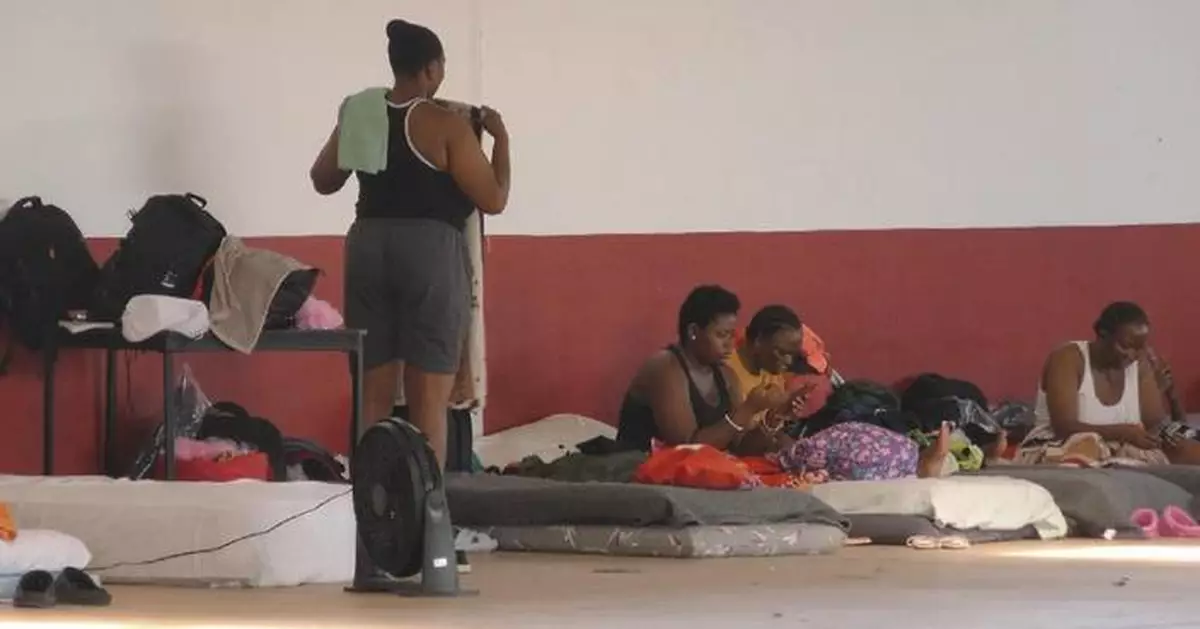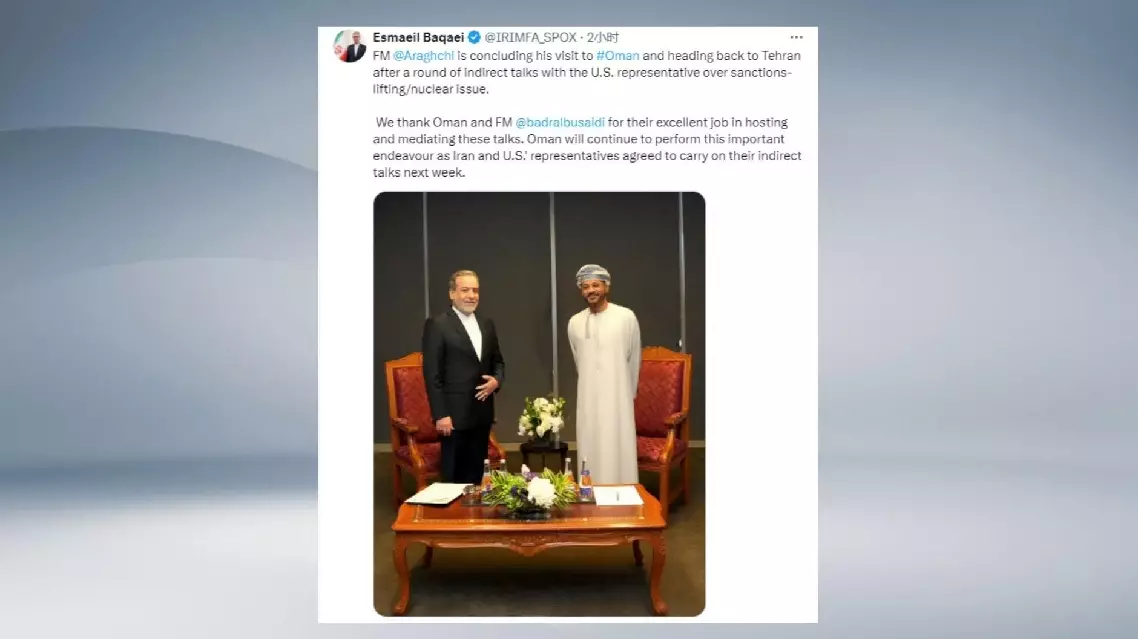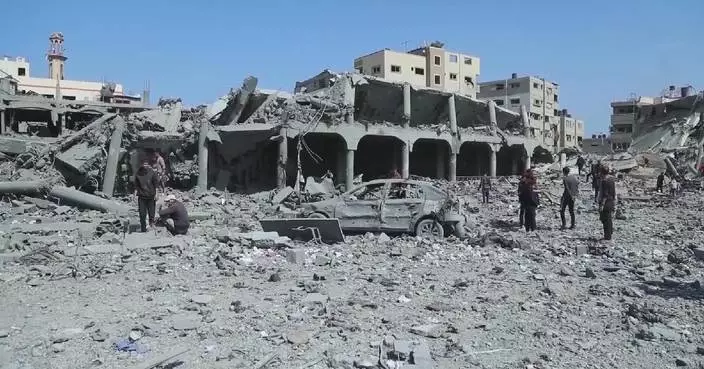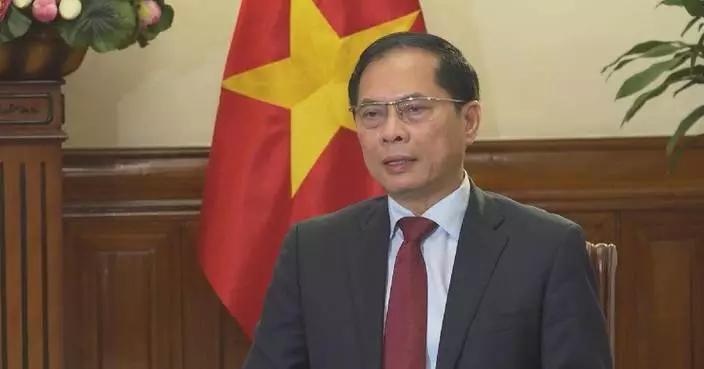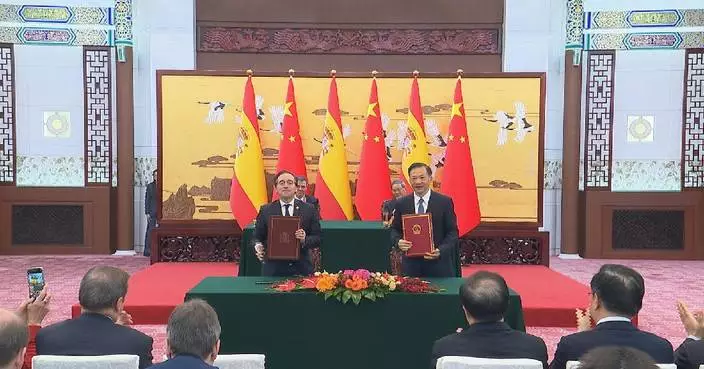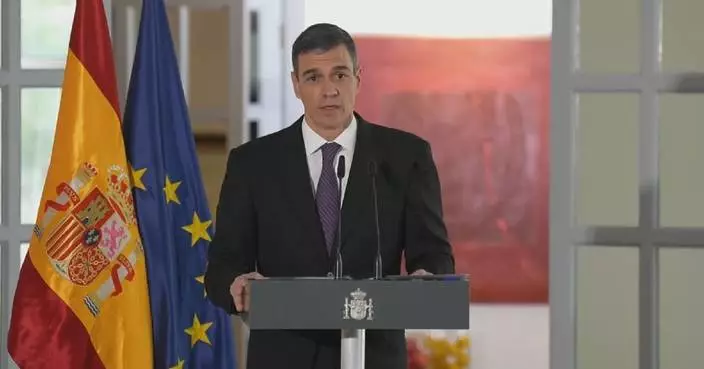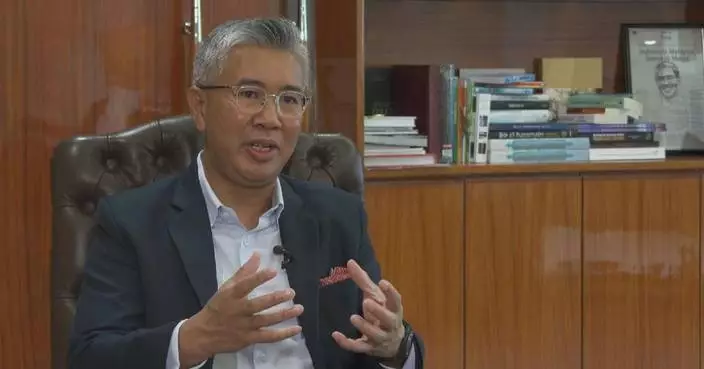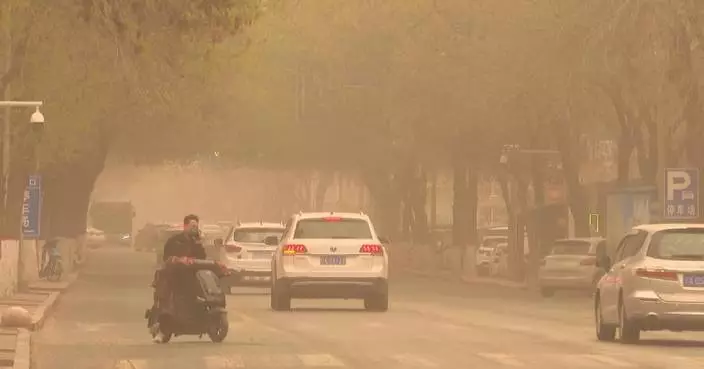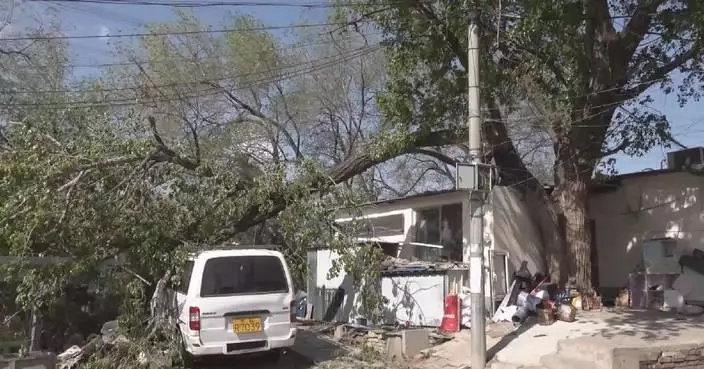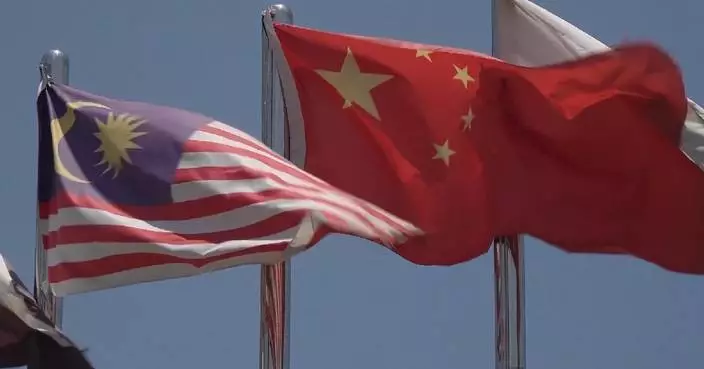Over 100 migrants deported by the United States to Panama, stranded in a foreign country with no money, no knowledge of Spanish and no future, complained they were misled, detained in harsh conditions, and forcibly removed without proper explanation, raising human rights violation concerns.
The United States has deported 299 migrants from multiple countries to Panama since February, designating the Central American nation as a temporary transit hub under a bilateral agreement between the two countries. At least 107 migrants remain stranded in Panama after refusing repatriation to their home countries, according to Panamanian authorities. Now 192 of the 299 deportees have returned to their home countries. The 107 migrants, transferred to a government-run shelter on the outskirts of Panama City, complained they were detained in U.S. facilities under harsh conditions and deported without clear communication about their destinations. "We weren't allowed to rest while in custody. Every time when we were about to fall asleep, someone would bang on the door, which made us very uneasy. We thought we were to be sent to Texas, but after a six-hour flight we found out we were in Panama," said a deportee from Afghanistan.
An Eritrean migrant, interviewed in English, described similar confusion.
"We weren't told (that we are being deported). We just [went] to the airport by bus, (and waited) for one hour after one hour at the airport. I think (in total there were) maybe 60 people. I was not told (we were going to) Panama, just to move (to another place of custody) maybe," he said.
"Many of the deported migrants expressed that the deportations were carried out against their personal will and violated their human rights. As far as we can see, there are indeed violations of human rights in evictions," said Raphael Rodriguez, President of the Association of Naturalized Residents of Panama.
Panama has issued 30-day humanitarian visas to the deported migrants, extendable to 90 days. However, they must cover their own expenses and find a way to leave the country.
"I have children in Africa. In Panama, we don't have good work. I have nothing, so I don't know what I can do," said the deported Eritrean immigrant.
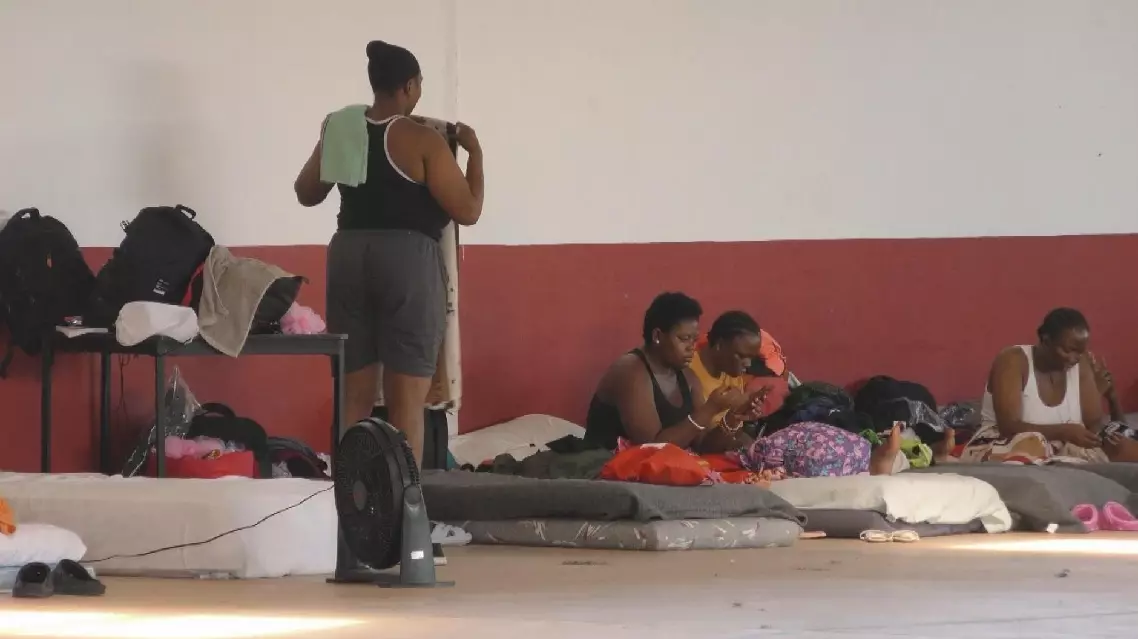
Deportees accuse US of human right violations
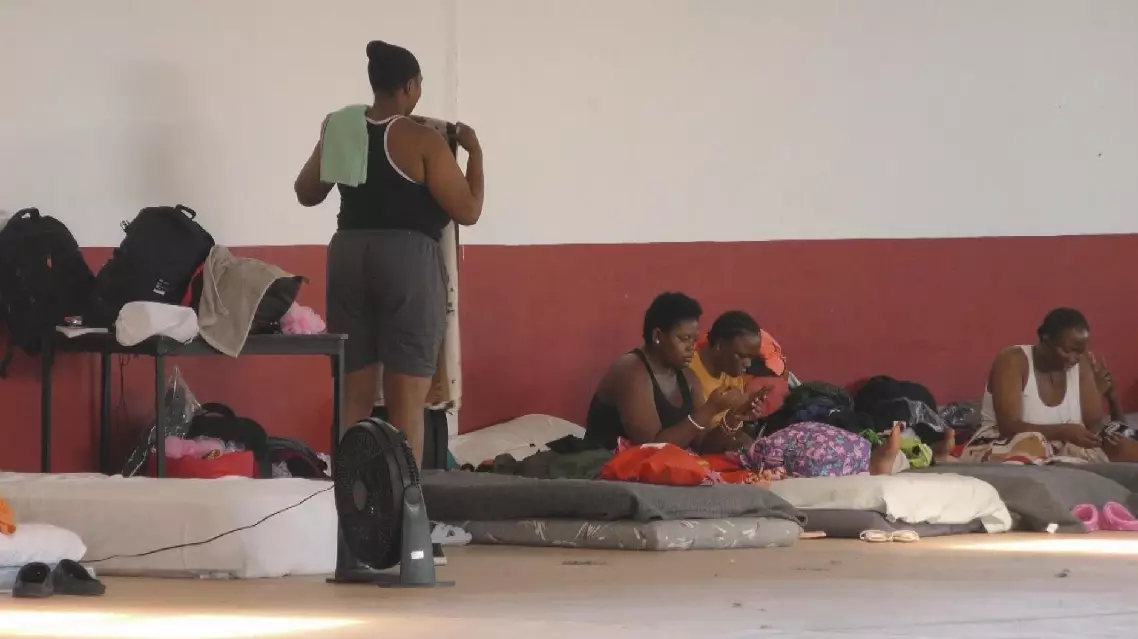
Deportees accuse US of human right violations
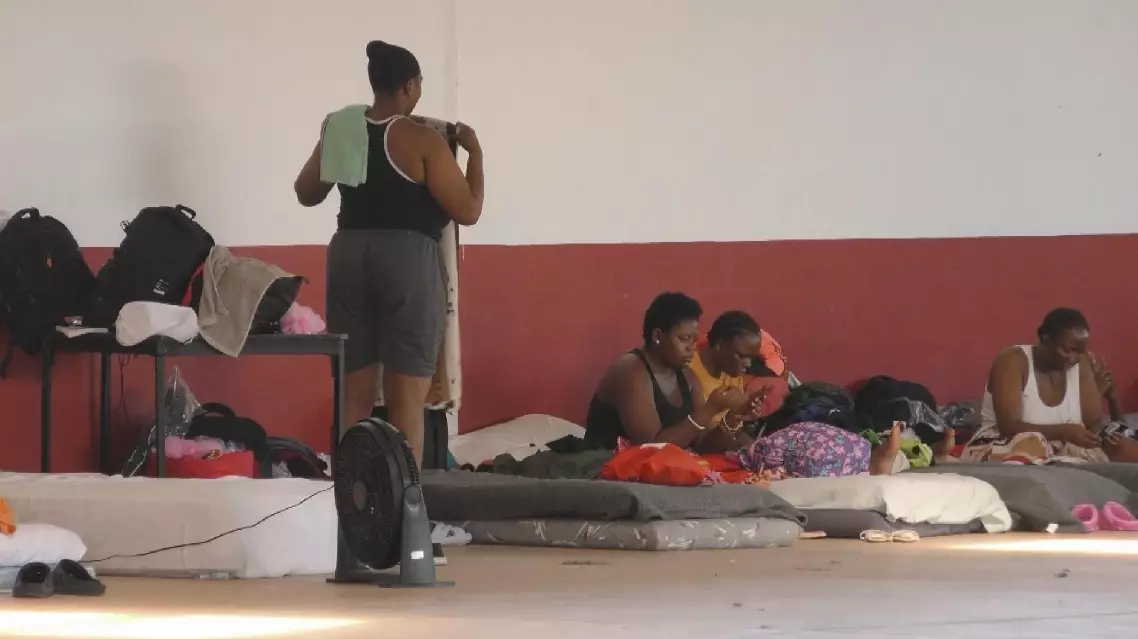
Deportees accuse US of human right violations
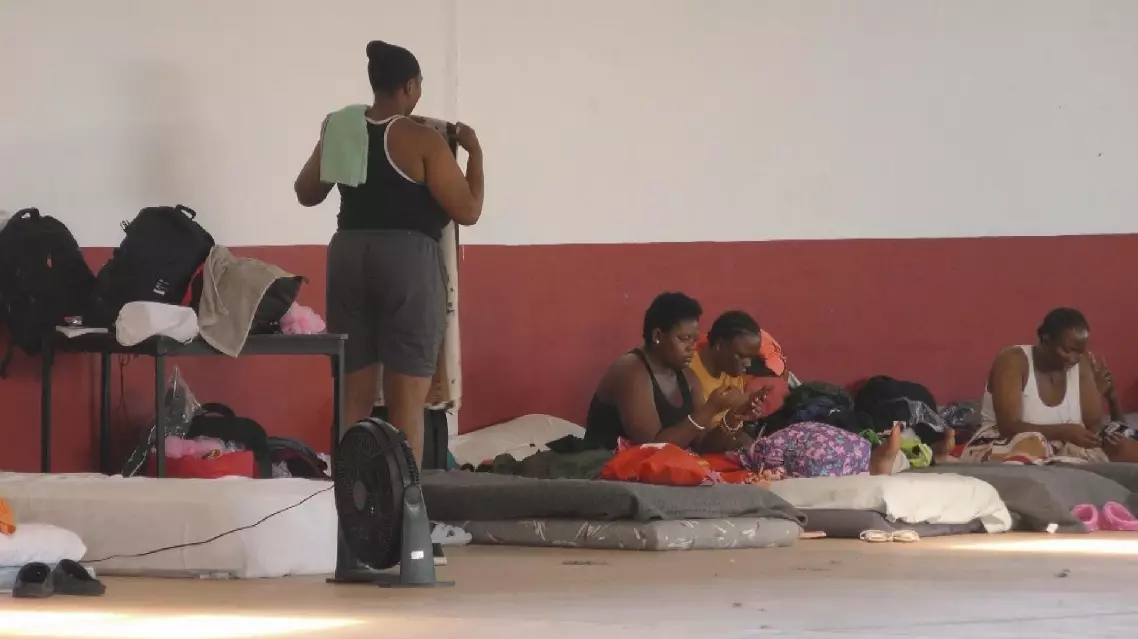
Deportees accuse US of human right violations


